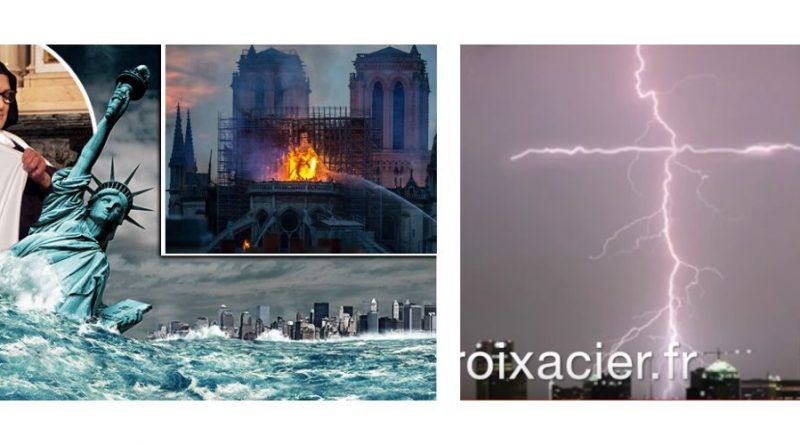Skip to content

I find in La Stampa this article that refers to a radio speech pronounced in 1969 by Pope Benedict.
It is dated, it is true, dates back to a week after the resignation “to the ministry of bishop of Rome, successor of St. Peter” by Pope Ratzinger, but I think that sheds a light on how much the Church lives in this period.

by Marco Bardazzi
A resized Church, with many less followers, forced to abandon even most of the places of worship built over the centuries. A Catholic Church of minority, not very influential in political choices, socially irrelevant, humiliated and forced to “start from the beginning”.
But also a Church that, through this “enormous upheaval”, will rediscover itself and be reborn “simplified and more spiritual”.It is the prophecy on the future of Christianity pronounced over 40 years ago by a young Bavarian theologian, Joseph Ratzinger. Rediscovering it today perhaps helps to offer an additional key to decipher the renunciation of Benedict XVI, because it brings back the surprising gesture of Ratzinger in the bed of his reading of history.
The prophecy ended a cycle of radio lessons that the then professor of theology held in 1969, at a decisive moment in his life and in the life of the Church. These are the turbulent years of the student protest, of the moon landing, but also of the disputes over the recently concluded Vatican Council. Ratzinger, one of the protagonists of the Council, had left the turbulent university of Tübingen and had taken refuge in the more serene Ratisbon.
As a theologian he found himself isolated, having broken up with his “progressive” friends Küng, Schillebeeckx and Rahner on the interpretation of the Council. At that time new friendships were established for him with the theologians Hans Urs von Balthasar and Henri de Lubac, with whom he gave life to a magazine, “Communio”, which soon became the gym for some young “Ratzingerian” priests today. cardinals, all indicated as possible successors of Benedict XVI: Angelo Scola, Christoph Schönborn and Marc Ouellet.
In five little-known radio speeches – republished long ago by Ignatius Press in the volume “Faith and the Future” – the future Pope in that complex 1969 traced his vision on the future of man and the Church. It is above all the last lesson, read on Christmas Day at the microphones of the “Hessian Rundfunk”, to assume the tones of the prophecy.
Ratzinger said he was convinced that the Church was living in an era similar to the one following the Enlightenment and the French Revolution. “We are at a huge turning point – he explained – in the evolution of mankind. A moment compared to which the transition from the Middle Ages to modern times seems almost insignificant “. Professor Ratzinger compared the present era with that of Pope Pius VI, kidnapped by the troops of the French Republic and died in captivity in 1799. The Church had then found itself struggling with a force that intended to extinguish it forever, had seen its assets confiscated and religious orders dissolved.
A condition not very different, he explained, could await the Church today, undermined according to Ratzinger by the temptation to reduce the priests to “social workers” and their work to mere political presence. “From today’s crisis – he said – there will emerge a Church that has lost a lot. It will become small and will have to start more or less from the beginning. He will no longer be able to inhabit the buildings he built in times of prosperity. With the diminishing of its faithful, it will also lose much of the social privileges “. It will start again from small groups, from movements and from a minority that will put faith back at the center of experience. “It will be a more spiritual Church, which will not assume a political mandate by now flirting with the Left and now with the Right. It will be poor and will become the Church of the indigent “.
What Ratzinger outlined was “a long process, but when all the travails have passed, a great power will emerge from a more spiritual and simplified Church”. At that point the men will discover to live in a world of “indescribable solitude” and having lost sight of God, “they will feel the horror of their poverty”.
Then, and only then, Ratzinger concluded, will they see “that little flock of believers as something totally new: they will discover it as a hope for themselves, the answer they had always sought in secret”.
Papaboys editorial staff (Source: www.lastampa.it/www.annalisacolzi.it)
Like this:
Like Loading...






